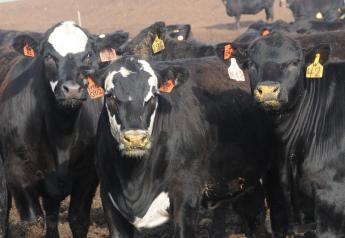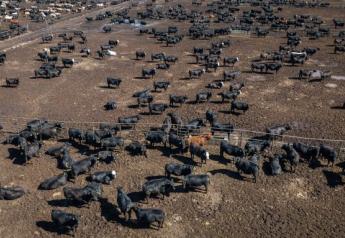Free-Trade Approach Pushed on the Biden Administration is Met with Backlash

Rep. Adrian Smith (R-Neb.), who leads the House Ways and Means Committee trade subcommittee, favors the pursuit of traditional free-trade pacts over the current approach — which prioritizes initiatives that don’t require congressional approval, such as the Indo-Pacific Economic Framework.
“History would show that labor and environmental issues have been elevated because of trade agreements, and it would be a lost opportunity if we just sit on the sidelines and watch other countries engage while the playing field continues to tilt against us,” Smith said in an interview with Bloomberg.
Opposing Views
The Biden team argues that frameworks are better and faster for meeting current challenges than deals that involve broad tariff negotiations and can take years.
The U.S. has launched an investment partnership with Kenya and a trade dialogue with the U.K. that seek non-tariff ways to facilitate trade. Smith counters that traditional free-trade pacts create more opportunities for American companies, better strengthen supply chains and are necessary for keeping up with other nations who are negotiating their own deals without the U.S.
He plans to press Trade Representative Katherine Tai on the issue in a full Ways and Means Committee hearing later this month, he said.
USTR Counters
Last year, the U.S. launched trade negotiations with Taiwan and countries in the Americas, continued discussions with the European Union on a global steel and aluminum arrangement, said Sam Michel, a spokesman for the agency. This was besides work in the Indo-Pacific and Kenya.
“We opened up new markets for our agricultural producers, which will bring US products to customers around the world,” he said. “Some may not agree with our agenda, but Ambassador Tai’s approach puts the focus back on American workers to ensure they benefit from our trade policies.”







